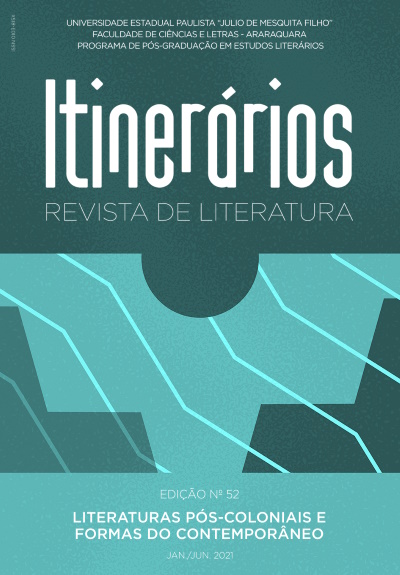Self-fiction in Brazil
erasures of the term in the critical production of peripheral contemporaneities
DOI:
https://doi.org/10.58943/irl.vi52.14749Keywords:
Self-fiction, Criticism, Erasures, Peripheral, ContemporaneitiesAbstract
The term self-fiction has become like an outlet for the debate around narratives that in recent decades have explored the limits between the romanesque pact and the autobiographical pact. In Brazil, the confusion envisaged by a narrative production that plays on the homony between author and narrator has generated a lot of debate in criticism. The term, although controversial (some of the authors recognized as practitioners reject it), has consolidated itself and today is recurrent in academic and print works. However, there is a perception which drives this approach that part of the literary criticism of “peripheral contemporaneities” (SILVA, 2018) sometimes ignores it and sometimes avoids it, when it does not seek substitutes for the term self-fiction in the face of a literary production that explores boundaries between the fictional and the biographical. Some of these terms are escrevivência (EVARISTO, 2008) and literatura-terreiro (FREITAS, 2016).
Downloads
Published
Issue
Section
License
Os manuscritos aceitos e publicados são de propriedade da revista Itinerários. É vedada a submissão integral ou parcial do manuscrito a qualquer outro periódico. A responsabilidade do conteúdo dos artigos é exclusiva dos autores. É vedada a tradução para outro idioma sem a autorização escrita do Editor ouvida a Comissão Editorial.

